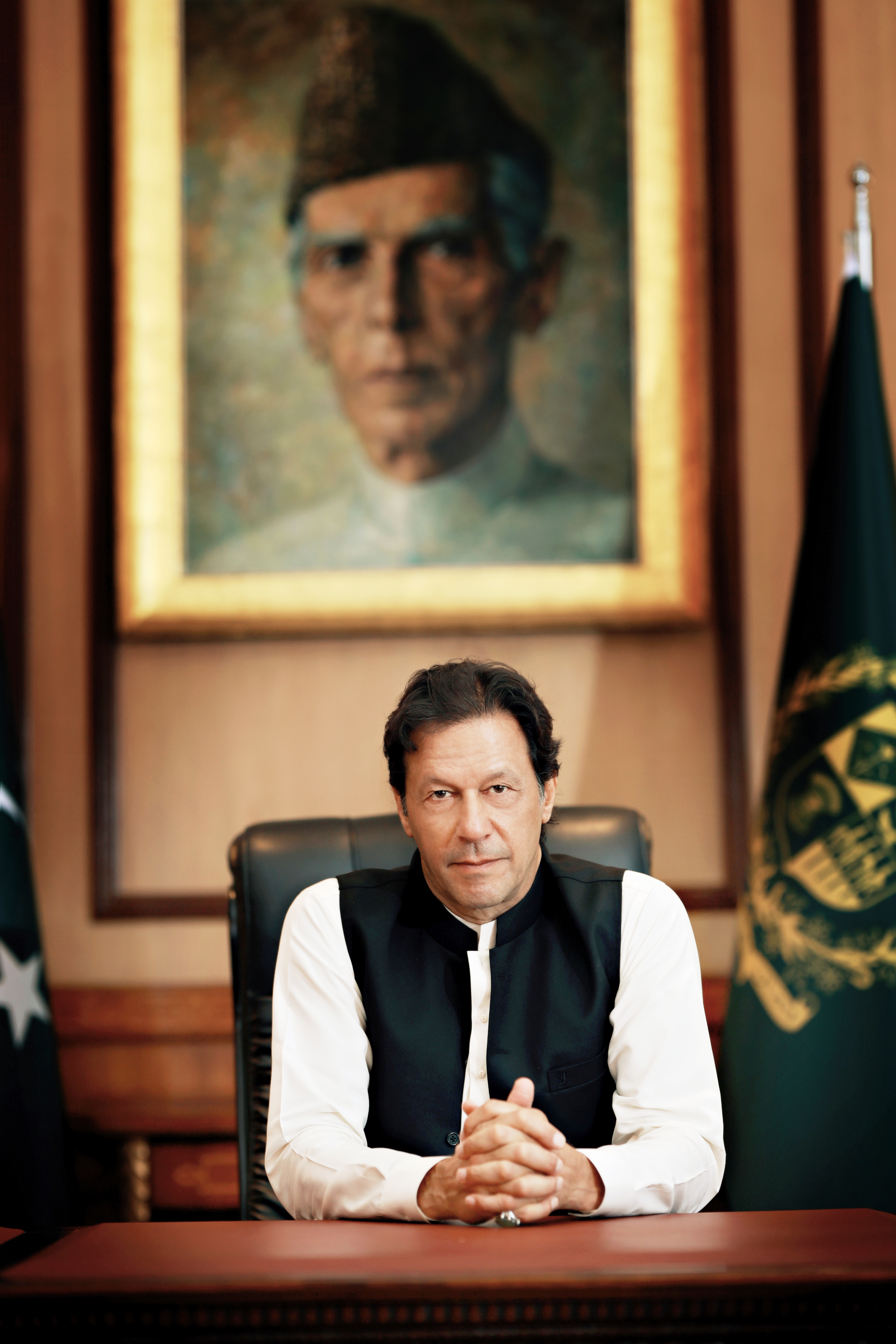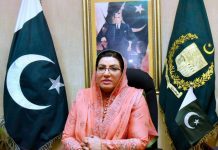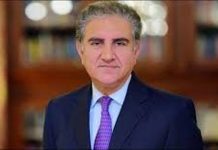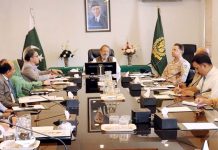ISLAMABAD, Apr 23 (APP): Federal Minister for Finance and Revenue Muhammad Aurangzeb on Tuesday said that the agriculture and information technology sectors held the potential to contribute significantly to the country’s economic growth.
Responding to a motion titled “This House may discuss the economic situation in the country,” the minister said, “The agriculture and information technology sectors are poised to become the real levers of economic growth in the country.”
He reiterated the government’s commitment to facilitating the two sectors and expressed optimism that IT exports would surpass the $3.3 billion mark during the current financial year.
Minister Aurangzeb stressed the importance of promoting agricultural growth to achieve a rate of 5 to 6 percent annually, in addition to harnessing the potential of the local livestock sector.
He highlighted the significant growth experienced in the agricultural sector due to successful bumper crop harvests, which promised a positive impact on the industrial sector.
The minister asserted that the country’s economic situation had improved compared to the previous year. He mentioned that the government assumed the office, the foreign exchange reserves were at $3.4 billion, covering only 15 days of imports. However, significant progress had been made, with reserves now exceeding $13.3 billion.
He anticipated further improvement following the disbursement of the tranche from the International Monetary Fund (IMF).
The minister noted the positive performance of the Pakistan Stock Exchange (PSX) in recent days, attributing it to the sentiments that were restoring market confidence.
Regarding economic indicators, he highlighted a 74 percent decrease in the current account deficit, which reached $1 billion as compared to $3.9 billion previously.
He also mentioned a 24.9 percent decrease in the trade deficit over the last nine months of the current financial year, which reduced from $22.7 billion to $17.0 billion.
The minister outlined the government’s focus on three key areas for transformation: tax, energy sectors, and reforms in the State Owned Enterprises (SoEs).
He expressed his intention to enhance the tax to GDP ratio, which currently stood at 9 percent, through tax enforcement measures and expanding the tax base.
Muhammad Aurangzeb affirmed the support of friendly countries both domestically and internationally for Pakistan’s economic growth.
He said that the government was implementing the decisions of the Federal Shariat Court to promote an interest-free economy and establish Islamic banking branches across the country.














